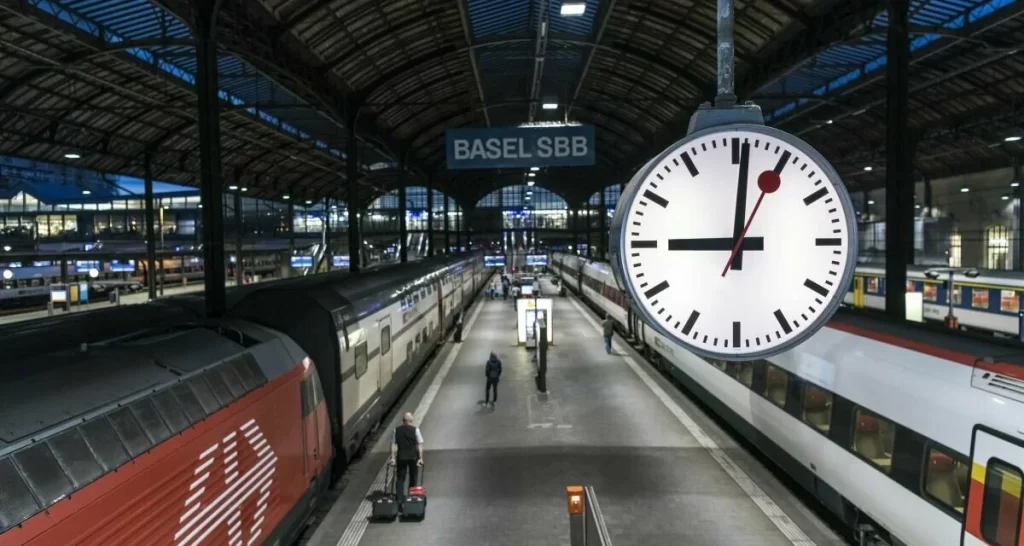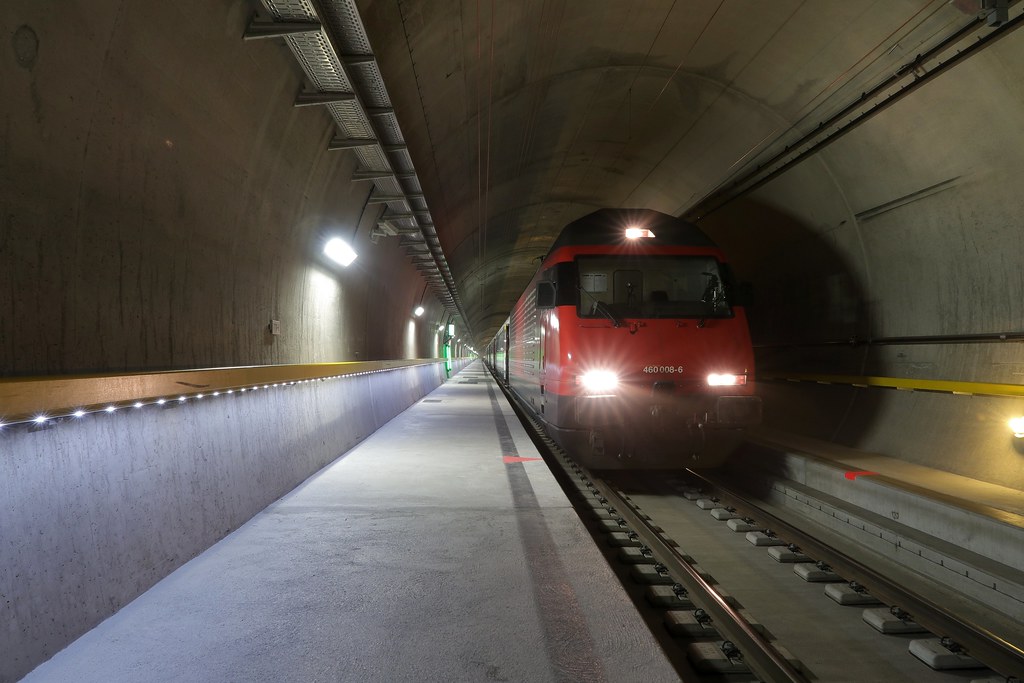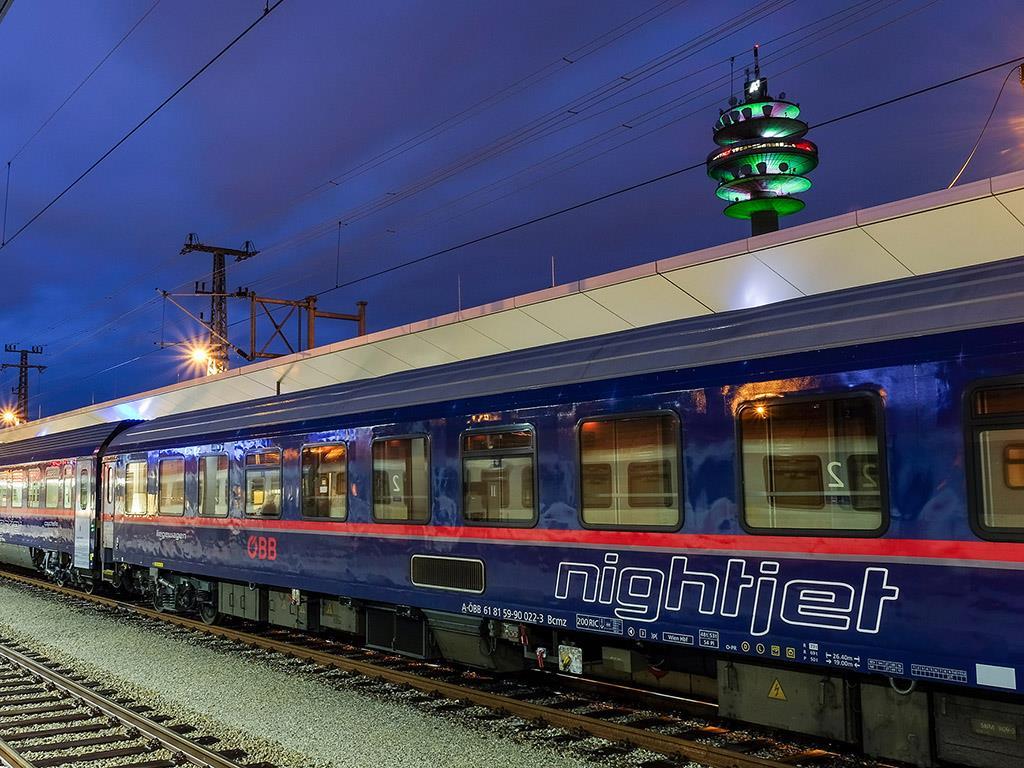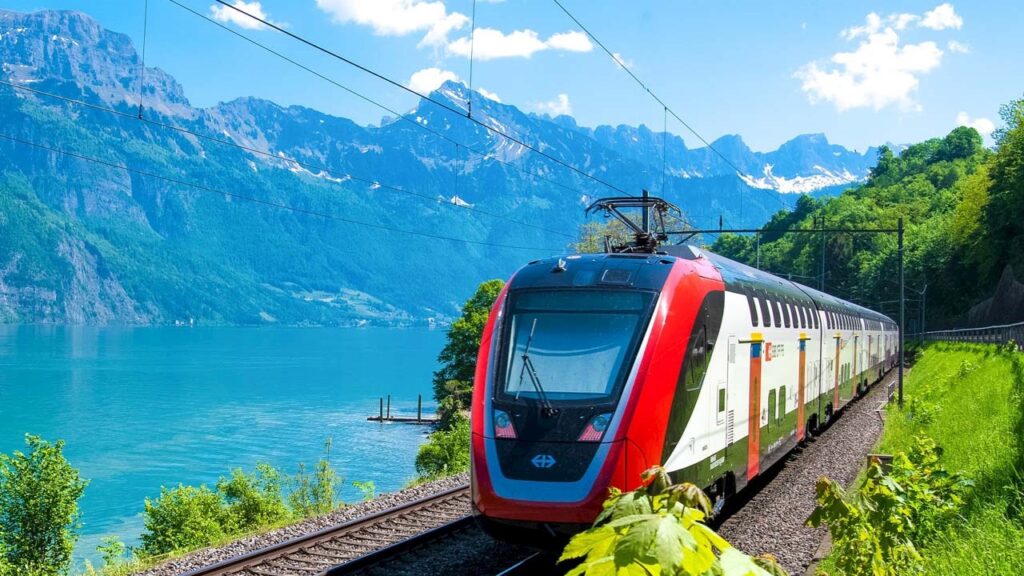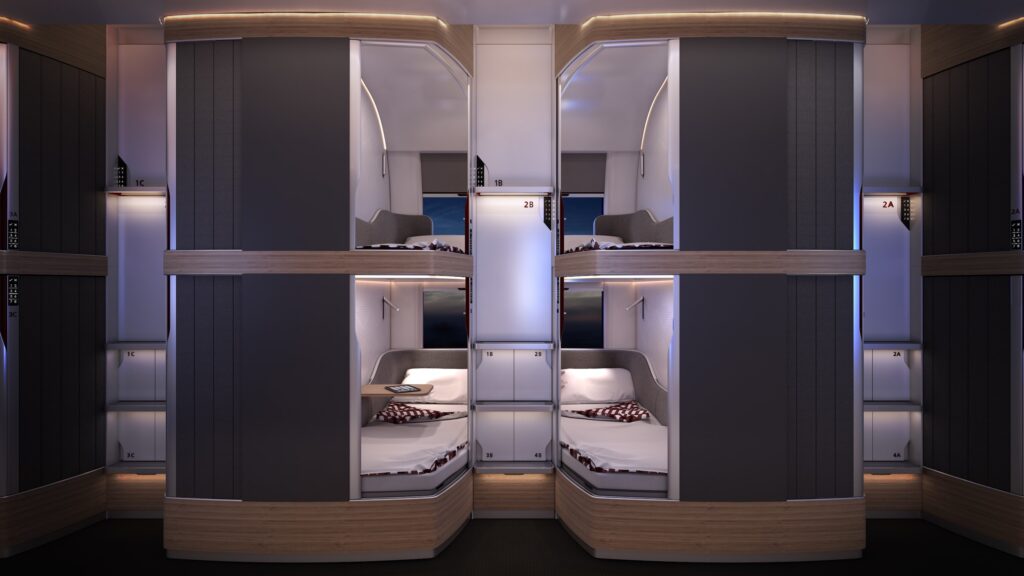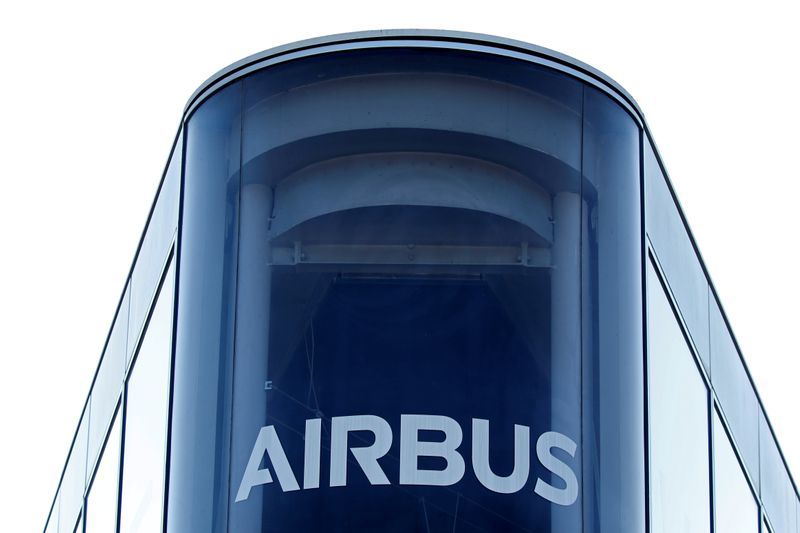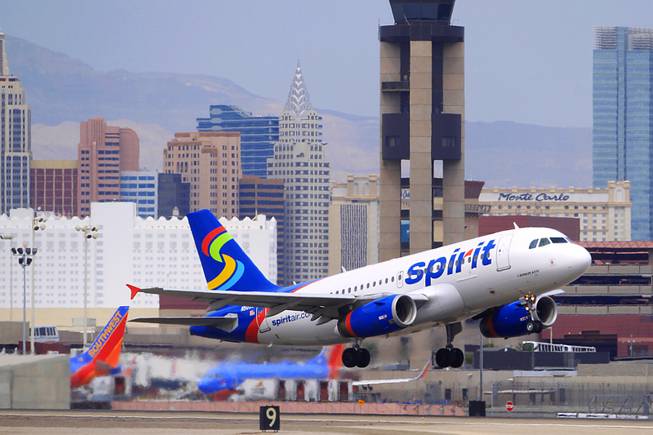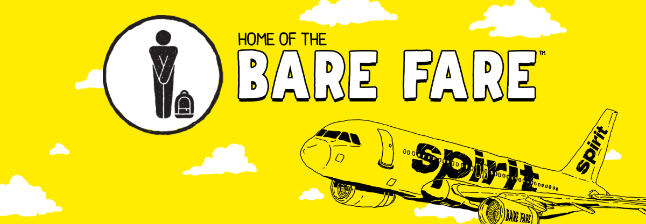When a freight train derailed, the track system and a lane change gate in the Gotthard base tunnel were severely damaged. This safety-relevant device is required to separate the two tunnel tubes. Safety has top priority, which is why the second tube cannot be used for passenger or freight traffic. It cannot be used for freight traffic until at least midnight on Wednesday, August 16, 2023. This increases the travel time between German-speaking Switzerland and Ticino by around an hour. Since international travelers have to change trains in Chiasso, their travel time is about two hours longer. SBB apologizes for the inconvenience.
A precise statement on the cause and extent of damage cannot be made at this time. The Swiss Safety Investigation Board and the cantonal investigation authorities are investigating the accident. The accident site has not yet been released by the investigative authorities for clean-up and repair work.
Due to the increased volume of traffic and the limited alternative connections at the weekend and the limited number of seats, SBB urgently recommends postponing spontaneous train journeys via the Gotthard and asks for your understanding.
According to the Railway Ordinance, freight trains can travel on the panoramic route up to a certain corner height. Accordingly, a large proportion of inland transport is carried out via this route, while a small proportion is temporarily transported by road. Combined transport (containers, semi-trailers, trucks) exceeds this corner height and can therefore only drive on the Gotthard axis via the Gotthard base tunnel. For this reason, combined transport in the transit area is diverted via the Lötschberg-Simplon axis or retained in the exit terminals. There are only small restrictions on the transport of goods and the flow of goods is ensured. SBB will provide information again in due course.
